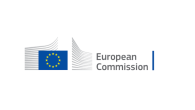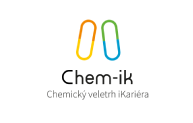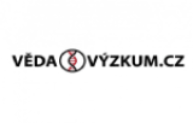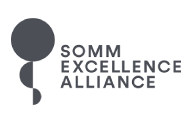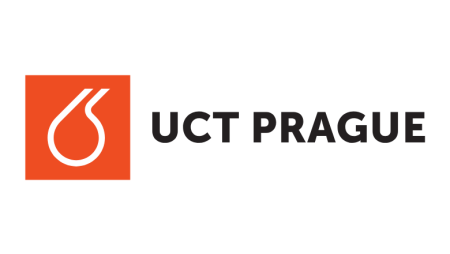 Job offers at UCT PragueAcademic, managerial and other vacancies.
Job offers at UCT PragueAcademic, managerial and other vacancies. EU Science, Research and Innovation
EU Science, Research and Innovation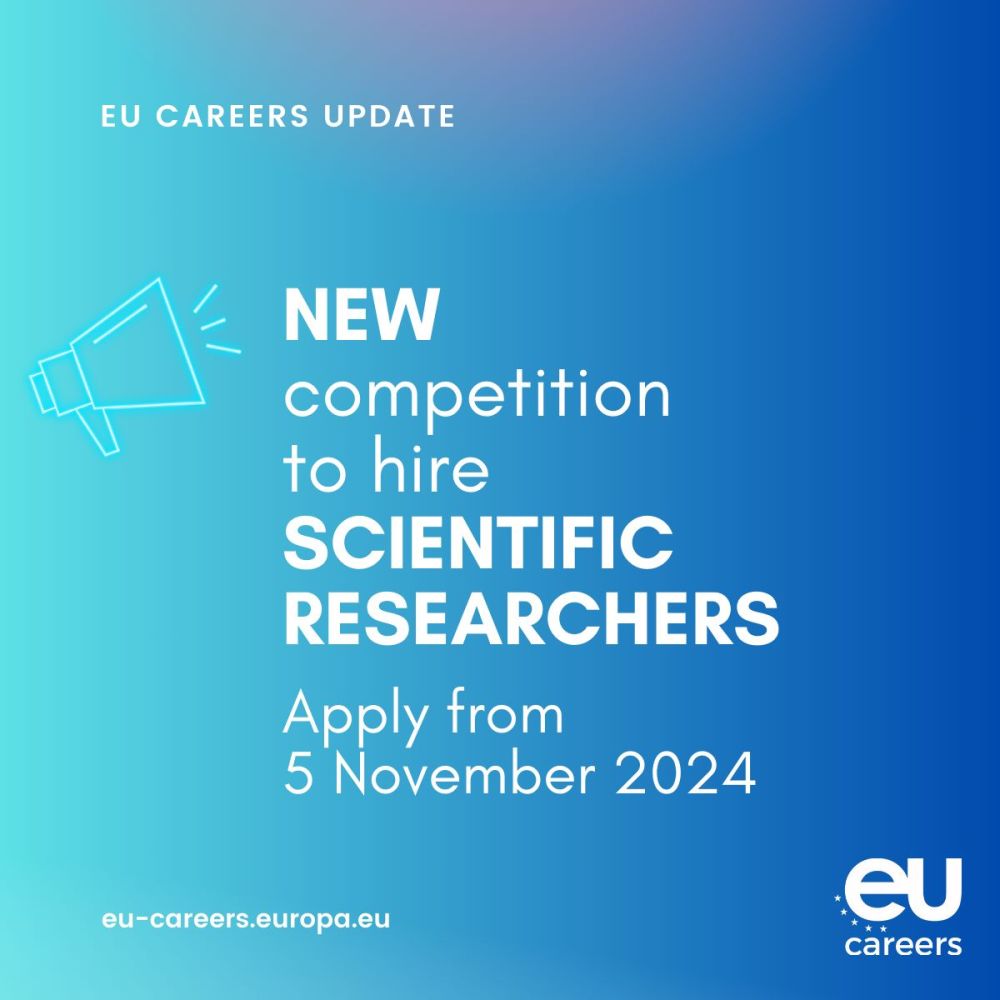
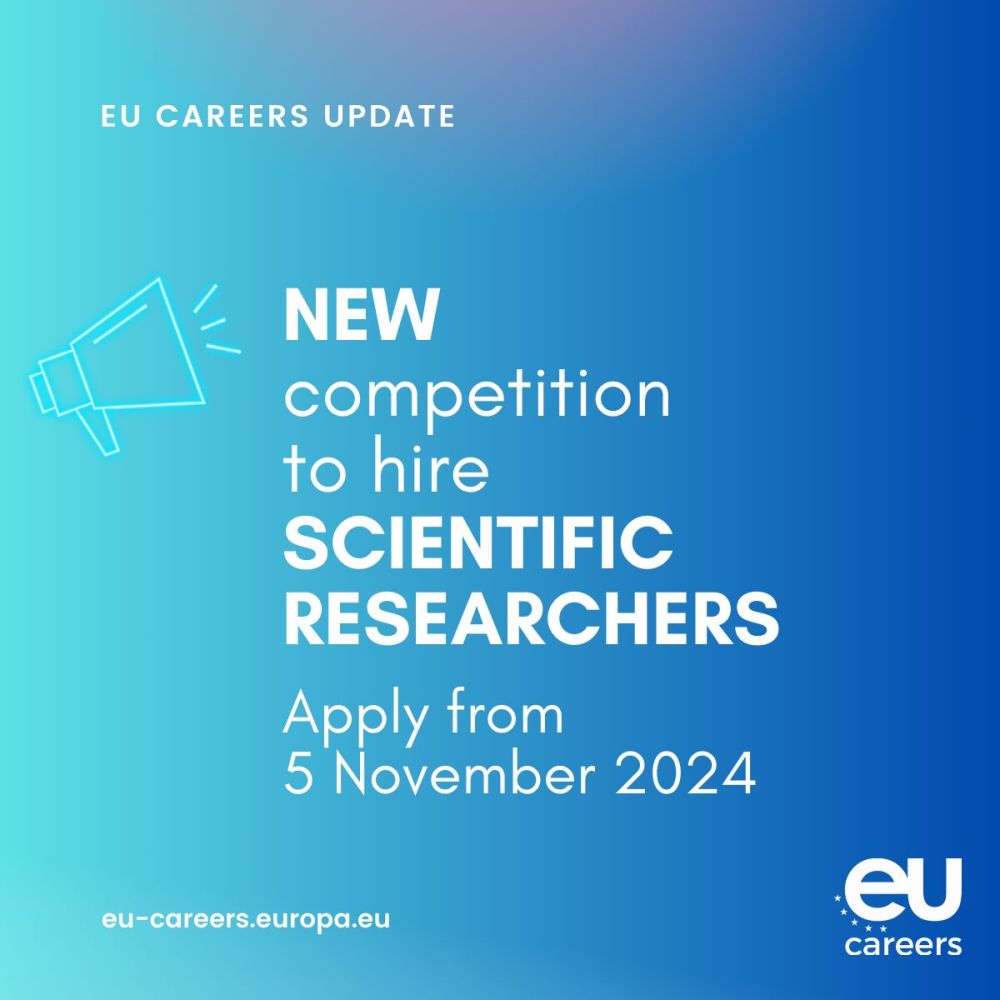
On November 5, EU institutions will launch a call to hire researchers on a permanent basis.
We are looking for researchers in the following fields:
- Environmental and climate sciences, engineering, and economics
- Energy science and sustainability
- ICT and (cyber)security
- Data analysis, research, and applications for evidence-based decision-making
- Research and applications in artificial intelligence, machine learning, and complex systems
- Space applications and geo-information technologies
- Health and consumer protection
- Transport science, sustainable mobility
- Social, economic, and political sciences
- Behavioural science, economics, and education



